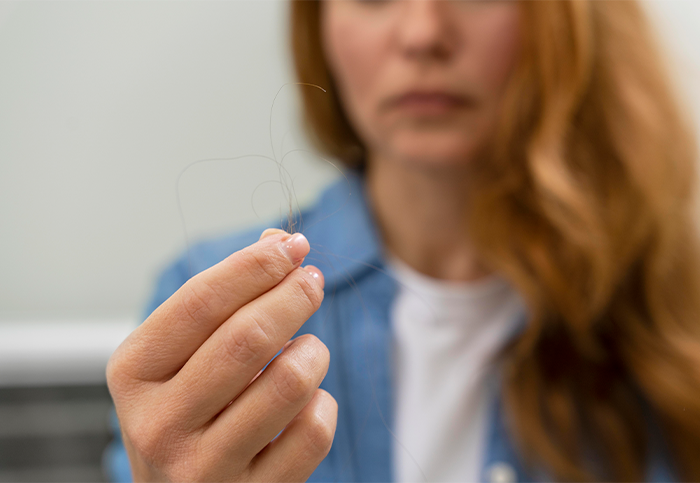What you need to know about Benign Prostrate Hyperplasia (BPH)
Ageing is that phase of life when you start to fully appreciate the phrase "age is just a number." Every bend and stretch begins to sound like symphony of pops and cracks. You find yourself forgetting where you put your keys while effortlessly recalling every little detail from your childhood. Naps become a daily essential rather than a luxury and grocery shopping turns into an extreme sport. With each laugh line and grey hair, you are reminded that the numbers on the birthday cake are changing.
Jokes aside, ageing is a natural bodily process, and every organ goes through certain changes to remind us that “it’s time to retire soon.” Among men, one sign of aging is the compromised prostrate health, which is called enlarged prostate or Benign Prostrate Hyperplasia(BPH).
The prostate gland is a vital component of the male reproductive system, responsible for producing seminal fluid that nourishes and transports sperm. The normal size of the prostate gland is 20 to 30 grams, typically about the size of a walnut. With ageing, the gland may become about 1.5 to 2 times larger than its original size.

BPH is a condition that impacts about 50% of men between the ages of 51 and 60. For men 80 years and older, the prevalence of BPH is approximately 90%, according to the National Institute of Diabetes and Digestive and Kidney Diseases.
Benign prostatic hyperplasia (BPH) commonly presents with several noticeable symptoms that can affect daily life. The most frequent issues include increased urinary frequency, especially at night (nocturia), and a persistent urge to urinate. Men may also experience difficulty starting urination, a weak or interrupted urine stream, and the feeling of not fully emptying the bladder. These symptoms can lead to frustration and discomfort, prompting many men to seek medical advice.
While BPH is a common condition associated with ageing, it’s essential to address these symptoms to improve the overall quality of life. One product that can help in managing BPH symptoms is Nutrifactor’s Prostamen. This product combines the benefits of saw palmetto, pumpkin seed and nettle root extract.

Saw Palmetto’s benefits are as unheard of as its name. It is known for helping reduce inflammation and blocking the conversion of testosterone to DHT, a hormone linked to prostate enlargement. Some studies even hint that it can improve urinary symptoms and boost overall prostate health.
Pumpkin seeds are no less beneficial. Who knew these tasty seeds could be so powerful? Packed with nutrients and antioxidants, pumpkin seeds provide essential fatty acids and zinc, which are vital for hormone balance. They might even help tackle urinary issues related to BPH!
Often flying under the radar, nettle root is a superstar for urinary function. It works well with saw palmetto and is believed to help reduce urinary frequency while improving flow, thanks to its anti-inflammatory benefits.
References
https://link.springer.com/article/10.1007/s10068-019-00605-9
https://www.sciencedirect.com/science/article/pii/S2468227620303136
https://www.sciencedirect.com/science/article/abs/pii/S2210803322000379



